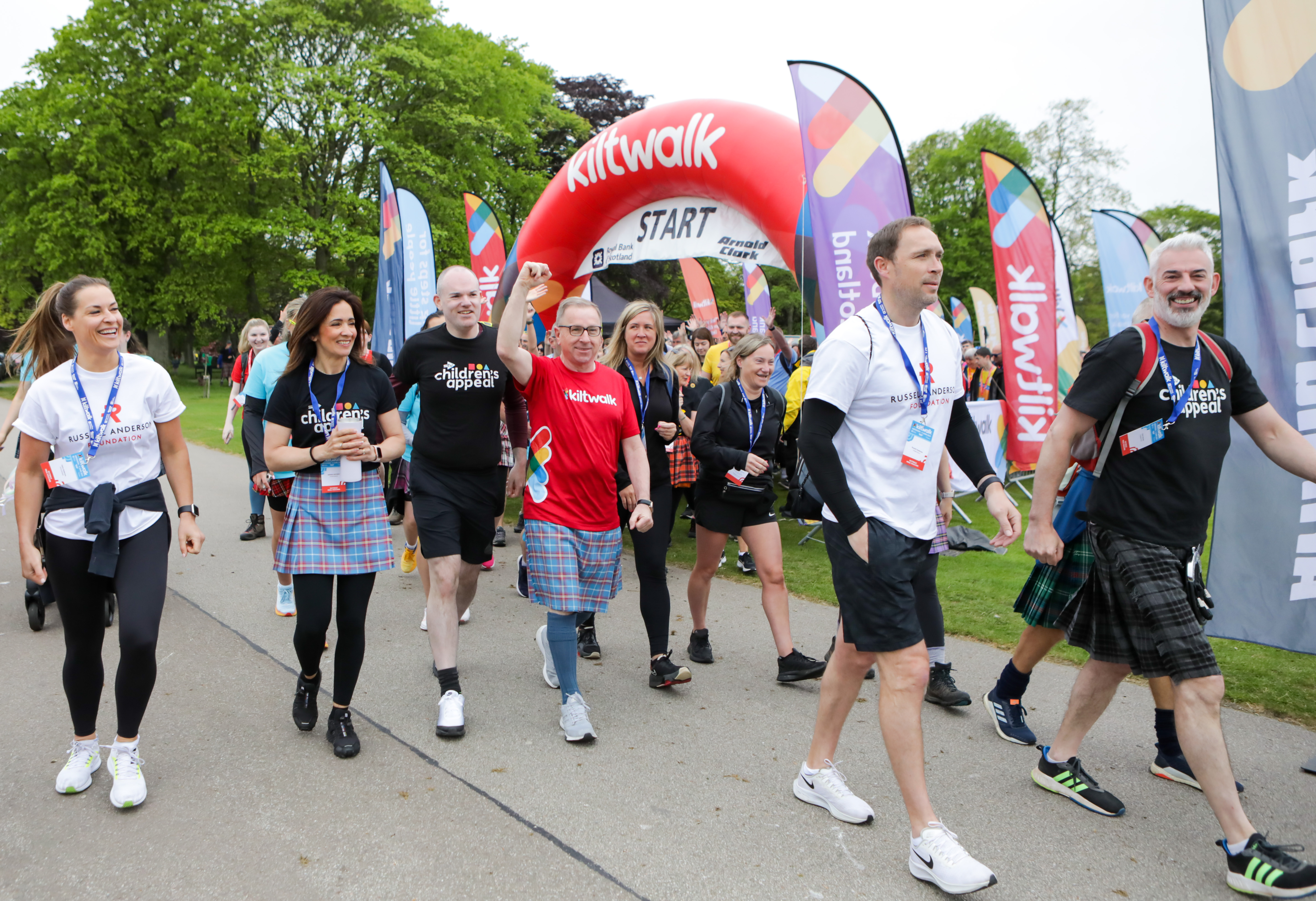People who donate and give up their time as volunteers for good causes are almost twice as likely to feel optimistic about the future and have better mental health than those who do neither, research is claiming.
The survey found that a third of donors feel optimistic, compared to just over quarter of those who do not. Meanwhile, 45% of those that volunteer say they have optimism for the future, compared to 28% among non-volunteers.
Those that both give money and time to charities are 1.7times more likely to feel optimistic than those that do neither, the research found.
In addition, three quarters of those who donate and volunteer feel “close to others” compared to under two thirds who do not give anything to good causes.
In terms of life satisfaction nine hours of volunteering provides the same increase in wellbeing as earning an additional £1,000 would, says the research, which has been carried out by the Centre of Economics and Business Research ahead of Mental Health Awareness Week (15-21 May).
“Giving and volunteering are crucial to civic society,” said Mark Hews, group chief executive of financial services firm Benefact Group, which commissioned the research.
“The findings show us that being charitable is not only good for society, but also those who take part. The value of charitable acts is hidden in economic terms, as it previously has not been adequately measured.”
He added: “The cost-of-living crisis is understandably having an impact on people’s ability to give. But we know that there is an increasing appetite to volunteer time, and our report shows what we intuitively know, that volunteering time benefits all parties in the chain.”
These latest findings around the mental health benefits of volunteering coincide with recent evidence showing a slump in people giving up their time for good causes.
According to the Charities Aid Foundation only 7% of the public gave up their time for charity over the previous four weeks when asked last year, down from 9% in 2019. Over the last year just 13% had volunteered, while pre-pandemic the figure was 17%.
Meanwhile, the NCVO has revealed that a lack of flexibility and suitability of roles are among key barriers to volunteering.
Further Big Help Out data revealed
Among attempts to encourage volunteering has been the Big Help Out, staged on the Bank Holiday after the King Charles III’s coronation. This is set to be an annual event after 6.51m people took part.
Further evidence has emerged from organisers around the event through a survey of the public in the run up to the coronation.
This found that 10.42m people are more likely to volunteer because of the Big Help Out.
The final figures are in! Were you one of them? 👀
— The Big Help Out (@TheBigHelpOut23) May 11, 2023
A huge well done and thank you for taking part in #TheBigHelpOut! We can't wait for all you lovely people to continue with your volunteering journey - we'll be sharing more ways for you to do so shortly! pic.twitter.com/wihFpUH8cG
This is particularly prevalent among young people.
Just under a fifth (19%) of 25-34 year olds planned to join Big Help Out initiatives, rising to 24% among 18- to 24-year-olds.
The survey also found that 18-24 year olds were 28% more likely to volunteer than older groups because of the Big Help Out.













Recent Stories